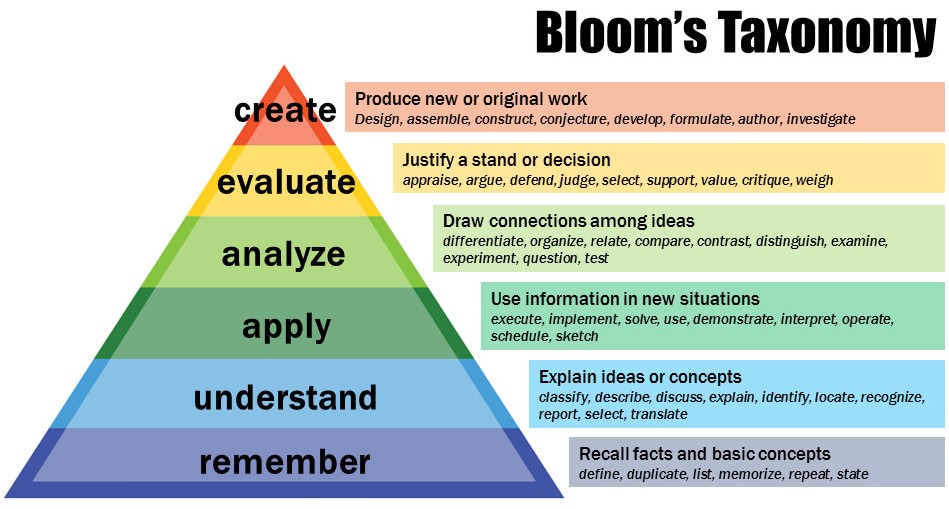Cost is what you pay, value is what it’s worth
More specifically, what it is worth to you. That will depend on what you want to get out of it, what you do get out of it, and what it allows you to do next.
It’s Not just about the difference in being a trainer, coach or mentor, industry currency is a big factor. It’s not just RTOs out there teaching the old stuff as claimed by many, and you compete for the same customers.
He is a Facebook live I did that goes into some of the theory behind it, and you can see related links if you are viewing the comments in “real-time” mode (Click the “f” icon at the bottom on the video as you need to view it on Facebook to see the comments).
People don’t know what they don’t know. The Public doesn’t know what’s old stuff, and how old it is, until they get training from (usually) a trainer certified by a reputable industry body.
Why can’t everyone go to certified people to learn?
One issue is people who provide certified industry training have high industry and technical experiences, and as such make their money as “mentors”. A mentor’s value comes from being able to improve your “proficiency”. If the mentors have to train, or even coach you, on how to use a system, you don’t really have the required knowledge and you may not be ready for the benefits that a mentor can provide you.
The sad fact that has developed is that technology is changing so fast, that even people providing workshops on Facebook advertising regularly need to do a workshop themselves need to get training from the blueprint certified marketers to find out all the latest trick, so this constricts the mentors time even further.
The Facebook example is of interest to many people as out of the 55 million Facebook business pages, only around 5 million get help from a certified marketer, and Facebook estimates that only another 5 million pages are doing their marketing right. That means over 80% of the Facebook business pages are being done wrong. What does that say about the quality, or more correctly, the currency of the Facebook marketing courses to see advertised everywhere?
Any time you have high demand and low supply the cost of meeting the demand goes up. The supplies get to set their price. The cost is not justified simply because of the absolute crap load of time and money people invest into getting their certifications, the return on investment for a business is also higher. The certification process is usually a measure of the person’s ability to use the system, and platforms like Facebook have a minimum pass mark of 80%.
The ability to understand why you have to pay so much to do a mentor’s workshop is actually one of the entry requirements for them. If you can’t keep up, they don’t get a great testimonial, so you are a problem for them if they let you in.
Most of the mentor’s clients come from referrals and testimonials. You don’t hear testimonials of “I learnt so much on that course I didn’t know”; you will usually only hear “he said (this), we did (this), and it improved our business by (this much)”. The entry requirement to a high-level mentor’s workshops is being able to use the system well enough that you can see the benefits from learning how to use it better. It’s that old jewellery shop line:
“if you have to ask the price, you can’t afford it”.
What are you paying for?
What you are paying the Mentor for is actually a different type of thinking, and a higher complexity on a scale known as Bloom’s taxonomy.
Mentor’s deal with the pointy end of the pyramid… creation thinking, which translates into the diffusion of innovation model as the 2.5% of the population as known as an “innovator”.
If mentors work on performance, what do coach do? Head down the pyramid… they teach you how to apply knowledge, but if they are not also a mentor, they can only teach you how to do it in a limited range of situations based on their experience. Not all coaches can mentor, and not all mentors can coach as coaching required “instructional design” skills identify the knowledge creation process required to get a leaner to the desired outcome.
Why is this so?
Some mentors have so much tacit knowledge (know-how) that they just do things automatically. People only has so much RAM in their heads, so if their focus is on performance improvement, and that is what you are paying them for, asking a mentor to go back down the pyramid is not really an effective use of your limited time with them.
How mentors would overcome this, and not take up time in your workshop, often is corrected by doing up an e-book for people that sign up to each of the workshops to download and read before they turn up. That way mentors can focus the workshop on completing the tasks and showing them how to do it specific to their business. It is more than just a ploy to value add extra content for their workshop, Mentors don’t need that. If you don’t read the book, they’ll know.
How much is being in the top 2.5% in your industry worth to you, but getting there is the easy part…. How long can you stay there is the next question? There is an incentive for a Mentor to keep you there; ongoing success is a great testimonial, and follow-up support programs are also an indicator of how long it should take to implement and see results.
Why do coaches charge so much?
This is where it comes down to perceived value. It is common practice when teaching people how to monetise their expertise that if you charge $500 for a course, customers will assume they are getting less than a course that costs $2000. This technique has been around with rug salespeople for centuries; “we can do you a special price at 50% off if you sign up today” and they will still be better off.
However, seeing everyone else started doing the same thing, the ACCC would ask questions. To add “value” to the course, coaches may offer you “all the tools you need to do 1 million dollars’ worth of sales, using proven techniques, at no extra cost”.
You’ll notice they never say they with get you to use the tools, so they are just dealing in “explicit knowledge”, or knowing “what” to do. Coaches mostly deal with why you are doing it, and what to do in the instructional process. To learn how to do it, and if they can in different situations is the next two stages in the instructional process, which is when a mentor is most effective.
A coach could mentor, and it may be worth sticking with the person you know like and trust, but they need to have the know how to come up with the best way for you to do it, not just the best way for them if they had to do it. Big difference.
So what’s the pecking order?
The way it seems to work now is:
- Mentors mentor coaches to analyses, evaluate, and create solutions for learners
- Coaches coach trainers how to get people to understand and apply things, then
- Trainers start people off getting them to remember and understand what to do.
Trainers give people competency….
Coaches give people confidence….
Mentors help you get better…at whatever you do, and whatever level you are at, but it’s still up to you to do it.
The saying goes “no one can make you happy, but they can get you happier”. Same goes with skills development; you must start with you head in the right place, because you can’t learn when you are under stress. That is why “mindset” has become such a buzzword in business.
People can’t make you happy, but some can sure make you sad.
If you think you can’t, you’ll be right! Every time. You can also choose who you listen to.


